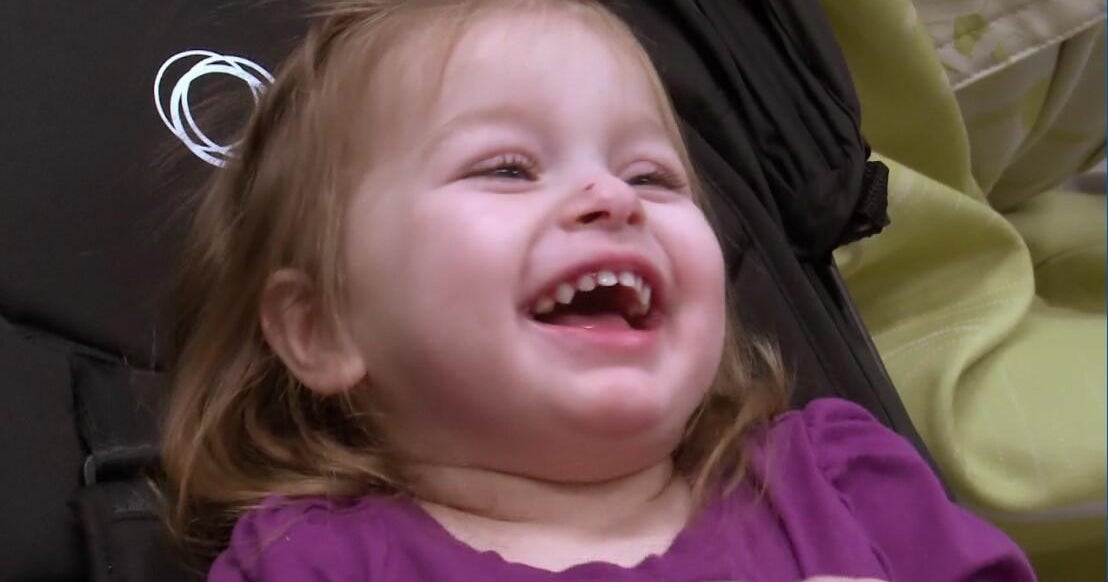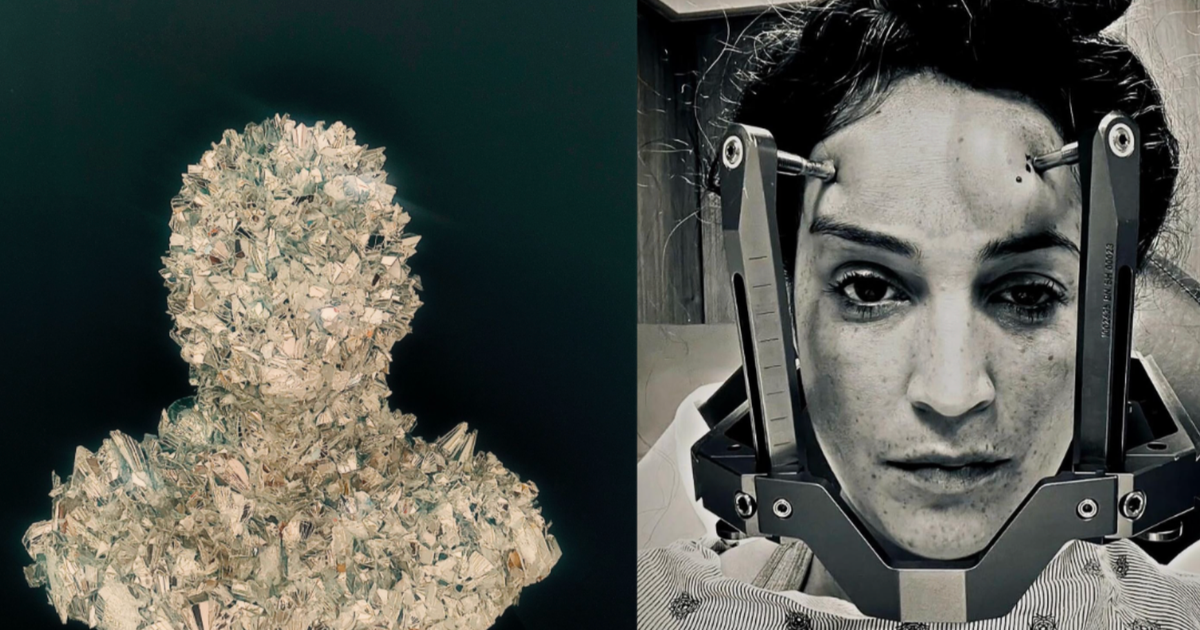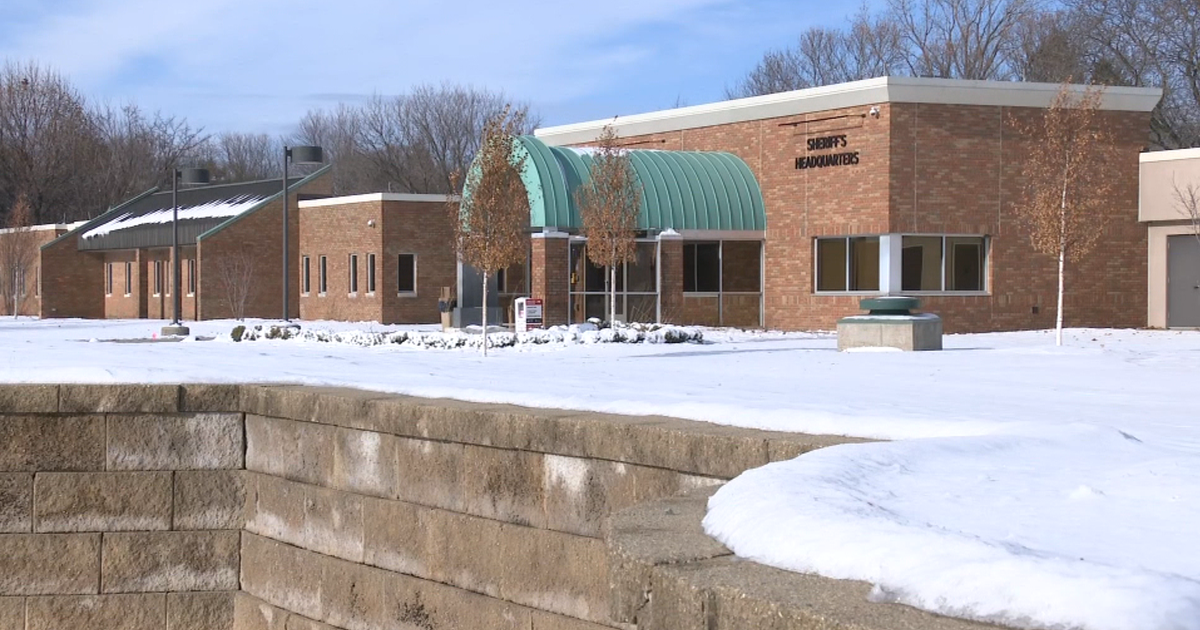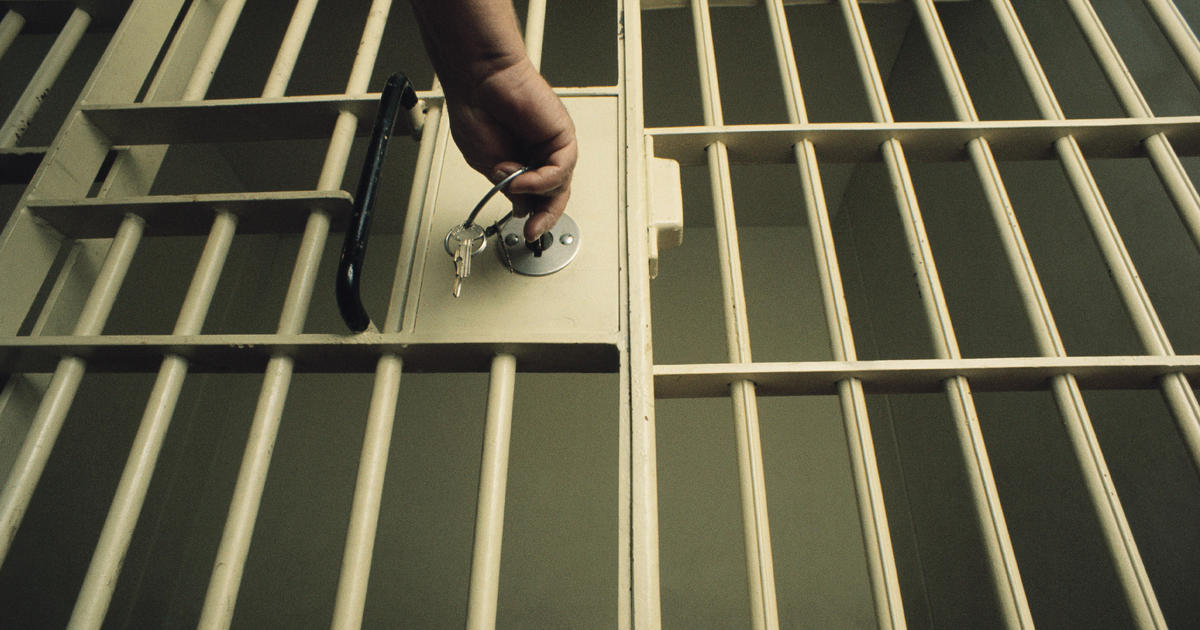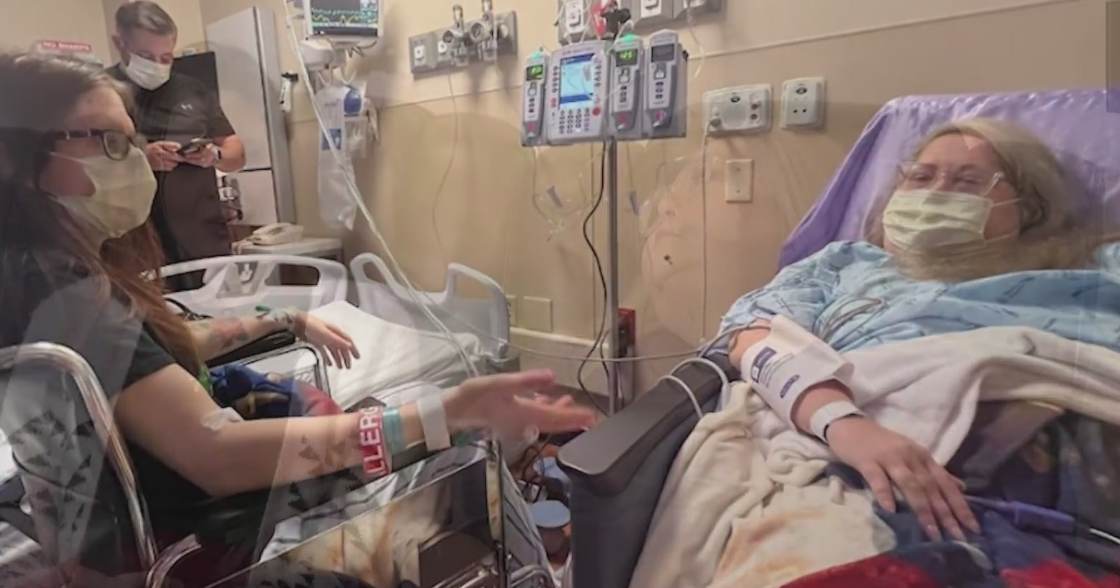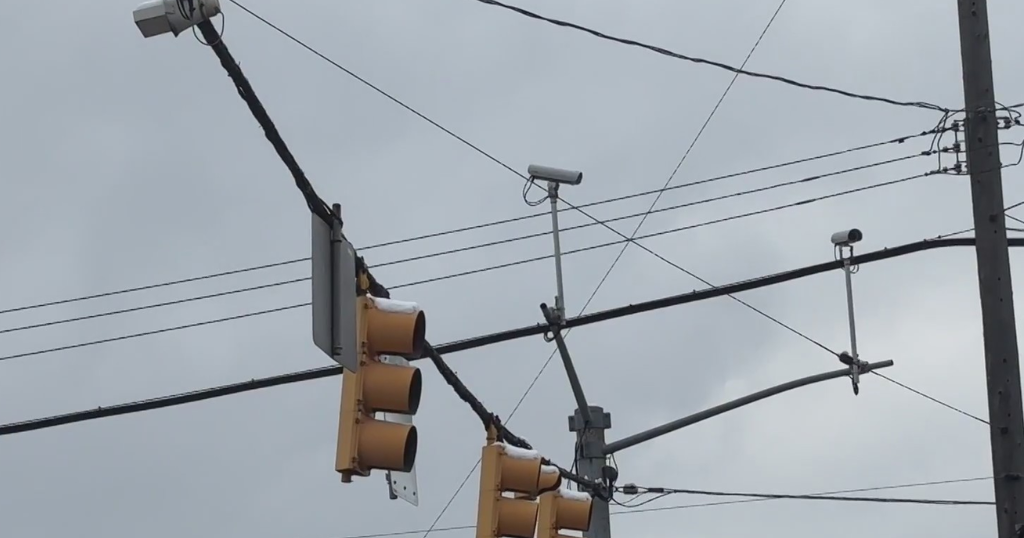How endometriosis disrupts women's lives: "Please just let me make it through today"
Georgie Kovacs Barden's path to motherhood spanned three years -- and 12 fertility treatments -- before she gave birth to her 3-year old son, Connor. At age 40, after seeing 10 doctors, she finally learned why she had difficulty getting pregnant: she had endometriosis, a reproductive disease that impacts women. It's cause is uncertain – but about half of patients who have it have fertility problems.
According to the Endometriosis Foundation of America, the disease impacts an estimated 10% of women in their reproductive years. Because the disease has diverse symptoms, and since there's no blood or imaging test, women are often shuttled from doctor to doctor before they get the right diagnosis.
When Barden found out she had endometriosis, she said she was grateful to get a diagnosis. "In my gut, I knew," she said. "I said, 'once we figure out the underlying cause, I will get pregnant.'"
If she had been diagnosed earlier, she said, she'd "be in a better place financially," and "have more children."
"I still am struggling with letting go of not having more children," she added.
Like Barden, who started Fertility for Me as a resource for other women, many only discover they have endometriosis after they have fertility problems. But most patients have severe pain during their menstrual cycle. Endometriosis occurs when tissue similar to the lining of the uterus appears outside the uterine cavity, and is scattered throughout the pelvis and abdomen. Researchers are still working to understand how this happens. Celebrities including Lena Dunham, Susan Sarandon, Padma Lakshmi, and Whoopi Goldberg are helping raise awareness and research money.
"The lag time between the onset of symptoms and diagnosis is usually anywhere from eight to ten years," said Dr. Arnold Advincula, who performs the minimally invasive surgery required to diagnose and remove the telltale lesions that interfere with pregnancy and disrupt women's lives.
"Women are plagued with chronic pain symptoms, which can be quite disruptive to quality of life," Dr. Advincula said. "And it also affects women at a time in their life when they're trying to have a family. Trying to have their first baby."
It's not yet clear if Stephanie Morris, who was diagnosed 11 years ago, will be able to have a child. "I can go from feeling perfectly fine in one moment to doubled over in pain and screaming and crying," Morris said. "I remember thinking on my wedding day, 'please just let me make it through today.'"
Morris now helps educate teenagers who may be unaware that severe pain could be more than just monthly cramps.
After struggling with endometriosis for decades, Columbia University researcher Noémie Elhadad developed a smartphone app to track symptoms and gain a better understanding of the disease.
Data collected from 9,000 women shows that women can have pain outside the time of their menstrual period and symptoms can include things like low back pain, ringing in the ears, bowel and bladder problems, and even chest pain.
Elhadad said that the app is designed to help give women control over the enigmatic disease. "We want women to regain control and feel like they can do something about their conditions," she said. "We can't help them yet with relief, but at least we can give them the validation and the better communication tools."
Removing lesions with laparoscopic surgery is considered the best treatment option – but many women may also be treated with hormones, oral contraceptives, painkillers, and even hysterectomy.

